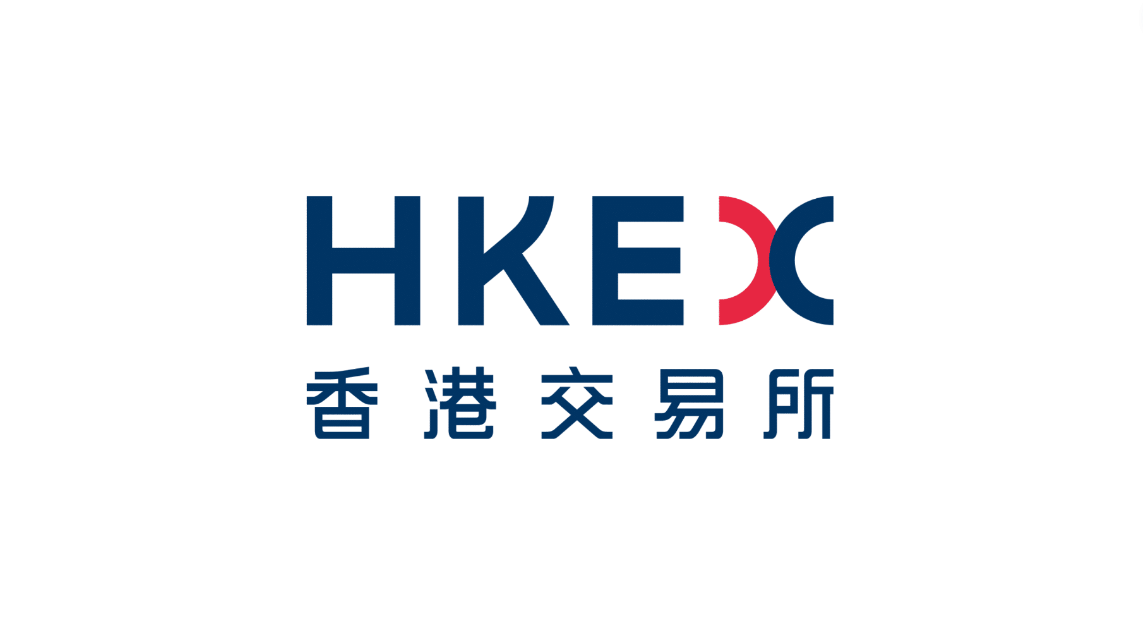Press Release on the Economic and Monetary Conditions for July 2022
Indicators of private consumption and private investment declined slightly after accelerating in the preceding periods. The value of merchandise exports also declined in line with lower trading partners' demand. Public spending contracted from capital expenditure of the central government. Nevertheless, the service sector continued to improve thanks to increases in foreign tourists, while manufacturing production also saw a slight improvement as producers received more electronic parts from supplier abroad.
On the economic stability front, headline inflation was stable from the previous month; energy prices slowed down, while fresh food prices and core inflation accelerated. Labor market gradually improved in line with the economic recovery. The current account registered a higher deficit; trade balance turned into a deficit as exports softened, while deficit from the net service, income, and transfers balance remained close to the previous month.
Private consumption indicators, after seasonal adjustment, slightly decreased after accelerating in the preceding periods. However, several fundamental factors supporting household consumption such as employment, income, and consumer confidence, gradually improved, while rising living costs still added downward pressure on consumption.
Private investment indicators, after seasonal adjustment, decreased mainly from machinery and equipment category after a good performance in the previous month. Nonetheless, investment in construction gradually improved as reflected by increases in permitted areas for construction especially for dwelling and manufacturing purposes.
Public spending, excluding transfer payment, contracted from the same period last year due to contraction in capital expenditure of the central government which had front-loaded its disbursement at the beginning of its fiscal year. Nonetheless, current expenditure remained close to the same period last year.
The value of merchandise exports, excluding gold and after seasonal adjustment, decreased from the previous month in line with the slowdown in trading partners’ demand. This was observed particularly in 1) exports of metal after demand from real estate sector in China softened, 2) exports of electronics due to the slowdown in global demand, 3) exports of agricultural products to China after accelerating in the preceding periods. Nevertheless, exports of some categories increased which included agro-manufacturing products, electrical appliances and automotives.
The number of foreign tourist arrivals, after seasonal adjustment, increase from the previous month in almost all nationalities, particularly from ASEAN. This was a result of government’s abolishment of the Thailand Pass entry scheme since July 1st 2022 in conjunction with less cross-border restrictions, while several other countries continued to relax their travel restrictions.
Manufacturing production, after seasonal adjustment, slightly increased in several sectors especially in integrated circuit and semiconductor as well as automotives since producers received more electronic parts from supplier abroad. Additionally, production in chemical products accelerated after a refinery was temporally closed for maintenance over the past two months. Nevertheless, production in petroleum, hard disk drive and metal declined in line with lower external demand.
The value of merchandise imports, excluding gold and after seasonal adjustment, declined from the previous month due to fuel imports which accelerated last month. Nevertheless, other raw materials and intermediate goods continued to increase consistent with the economic recovery.
On the stability front, headline inflation was stable from the previous month. Energy prices decelerated following lower global crude oil prices, while fresh food prices accelerated from vegetable and meat prices. In addition, core inflation increased due to rising prices of prepared food and public transportation services. Labor market gradually improved in line with economic development as reflected by increasing number of total contributors in the social security system. The current account registered a higher deficit, mainly because trade balance turned into a deficit from weaker exports and higher gold imports. On exchange rates, the baht against the US dollar continued to depreciate due to US dollar appreciation as the US Federal Reserve tightened their monetary policy.






















































First, please LoginComment After ~